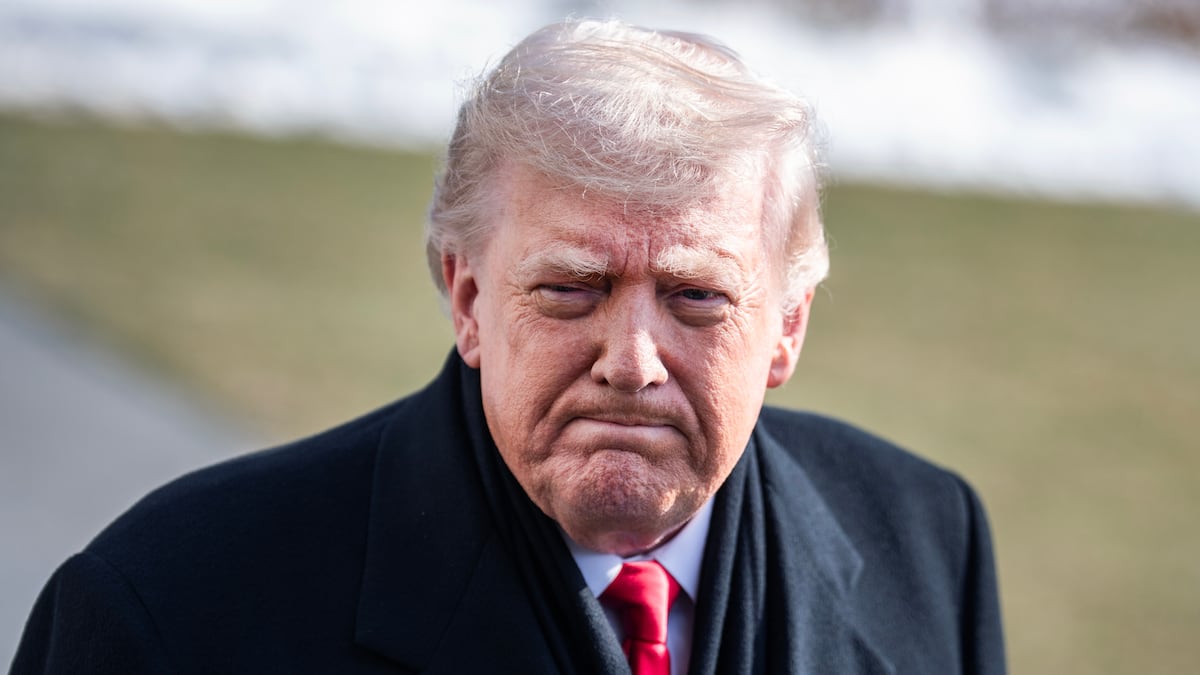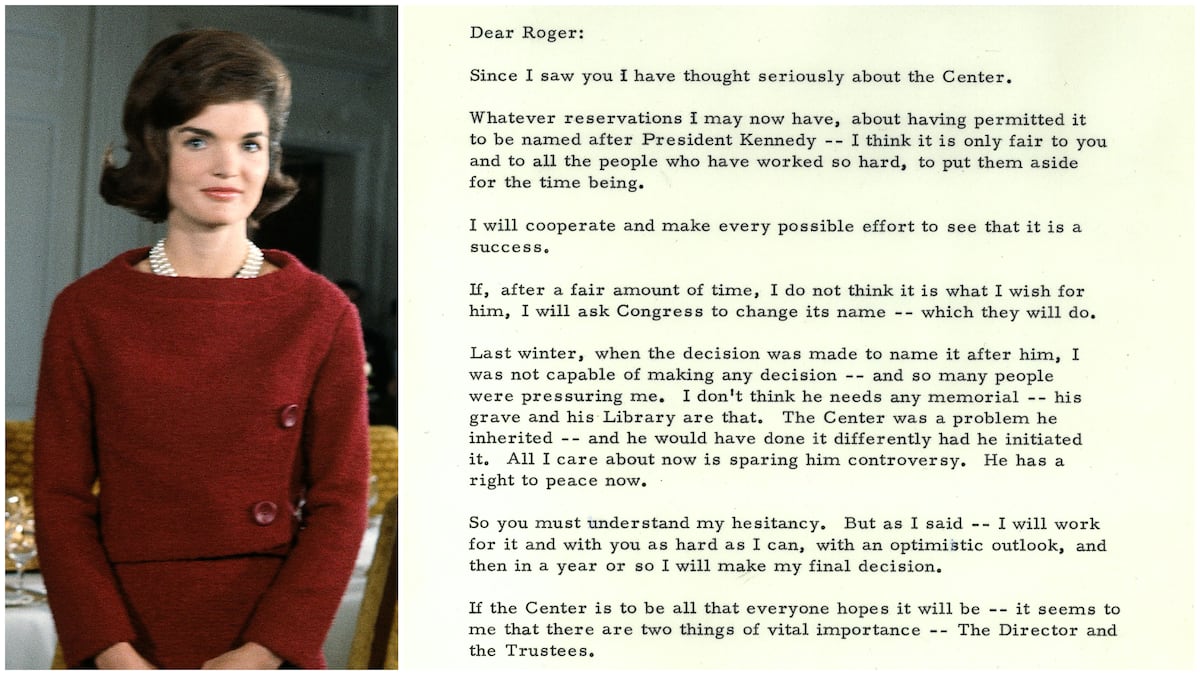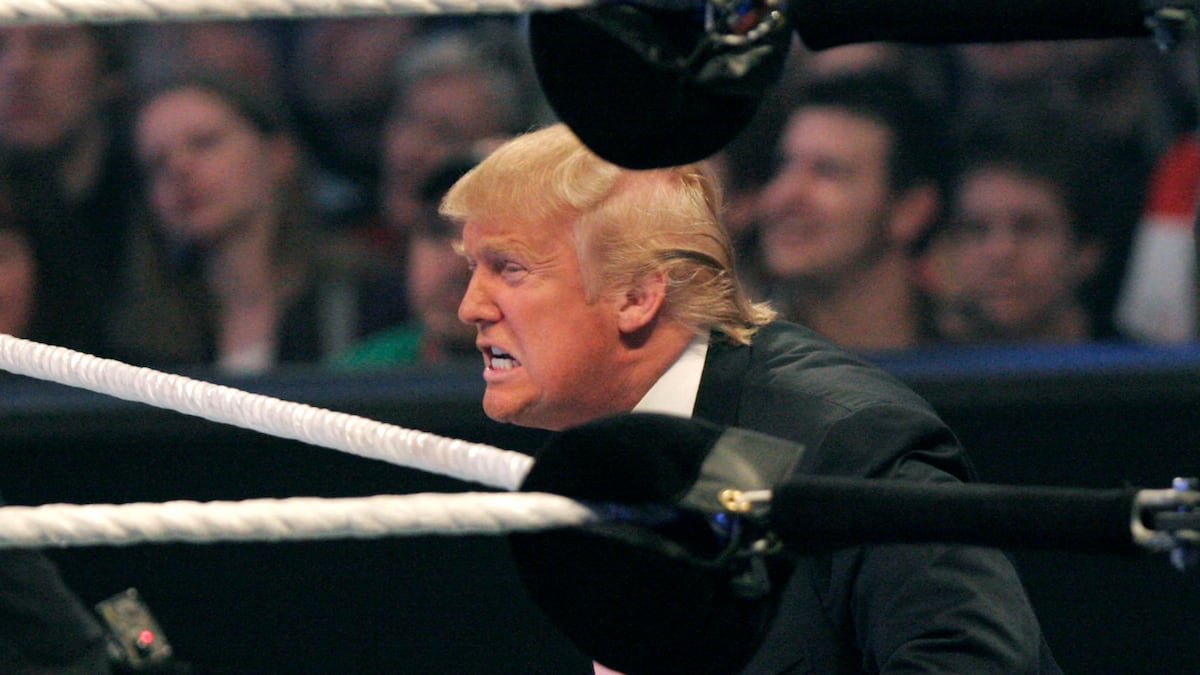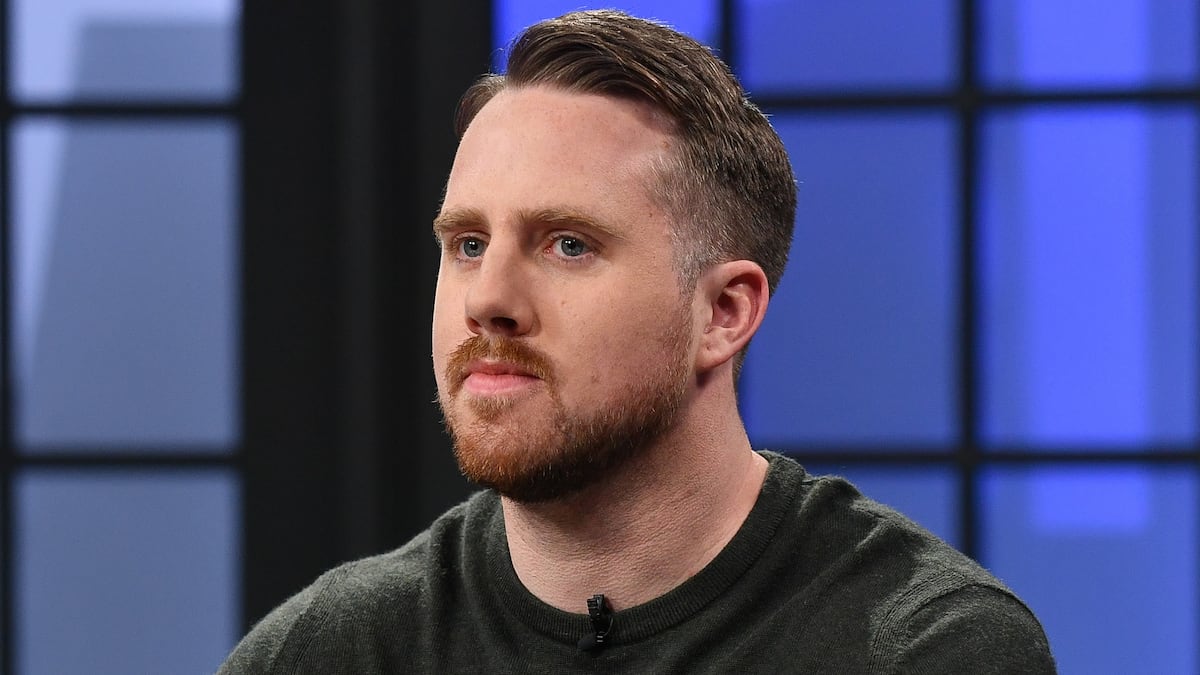The American past has become just as much an ideological battleground as contemporary politics. Conservatives hail the enduring wisdom of the Founding Fathers, while liberals and leftists condemn them for protecting slavery. The same New Deal that right-wingers damn as an assault on individual freedom was, for the left, a period when unions grew strong and the federal government helped citizens who could not help themselves. The Trump ascendancy has us arguing whether America was ever “great” and, if so, when that may have been and why.
But when writing about one of the most significant events in the nation’s history, the combatants lay their weapons aside. Most historians on both the left and right agree that the United States should never have intervened in the First World War. Bankers may have drawn the U.S. into the war, assert Larry Schweikart and Michael Patrick Allen, the conservative authors of A Patriot’s History of the Modern World, and then President Woodrow Wilson committed “egregious violations of civil rights” through the Espionage and Sedition Acts. The radical filmmaker Oliver Stone and his co-author of The Untold History of the United States agree: “Economic interests clearly placed the United States in the Allied camp” and then “Congress passed some of the most repressive legislation in the country’s history.”
What explains this rare concurrence of views? Both sides essentially echo the lament Senator William J. Stone, a Missouri Democrat and chair of the Senate Foreign Relations Committee, voiced when casting his vote early against declaring war on Imperial Germany in April, 1917: “I won’t vote for this war because If we go into it, we will never again have the same old Republic.”
For conservatives, that republic was one in which the powers of the states dwarfed those of the national government. Few Americans paid income tax until World War I, and the U.S. had neither the force nor the will to compel other nations to model themselves on us. But by taking the nation into war and instituting a draft, Wilson equated “progressivism” with federal might and endless crusading abroad.
Leftists, of course, cheer federal power when it is used to defend civil rights and redistribute wealth. But they blast Wilson’s decision to jail such dissenters from war as Eugene Debs, the leading Socialist, and Emma Goldman, the great exponent of feminism and free love, as well as hundreds of others. And they charge that the president’s famous declaration that “the world must be made safe for democracy” paved the way for future interventions in Central America, Vietnam, and the Mideast that killed millions of people and utterly failed to achieve any visionary purpose.
A century ago, the Americans who opposed hurling young men into the maelstrom that was destroying Europe were also a remarkably diverse lot—demographically as well as politically. The large anti-war coalition ranged from anarchists like Goldman to progressives like Senator Robert La Follette and William Jennings Bryan to black radicals like A.P. Randolph and white supremacists like Rep. Claude Kitchin of North Carolina, the majority leader of the House.
They made two different but complementary arguments against either preparing for war or waging it. One was quite radical; it gestured toward a future world of democratic nations that would have neither a cause nor the will to take up arms again. Joining the Allies, they feared, would extinguish the passion for global amity on which any hope of abolishing war depended.
The second argument was largely defensive. It sought to preserve the supposed virtues of the prewar republic against the malignant growth of a state equipped to fight endless wars. Evoking the traditional populist mistrust of concentrated power, politicians like Kitchin hoped to rally ordinary Americans to reject a future in which they would be forced to pay higher taxes to satisfy the hunger of political and economic elites for world domination. They accused Wall Street financiers, munitions manufacturers, and their political allies of hoodwinking Americans into believing in a nonexistent threat to the security of their beloved homeland.
After the war ended, the anti-militarists would peel off in opposite directions—either toward utopian ventures for peace and, for some, working-class revolution, or against any ideology, whether Socialist or Wilsonian, that aspired to perfect the world. But until Congress declared war in 1917, they were united in their urgent desire to stop the country from repeating the fateful mistake made by Europeans who believed they could avoid war if only they were strong enough to fight one.
***
No such coalition could exist during the next world war and the early years of the Cold War that followed. The battles against fascists and then Communists made so-called “isolationists” of whatever stripe seem unpatriotic or worse.
Then came the debacle of Vietnam. President Lyndon Johnson justified sending over 500,000 troops against a peasant army battling in its own land by explaining, “We fight because we must fight if we are to live in a world where every country can shape its own destiny … only in such a world will our own freedom be finally secure.” But another massive anti-war coalition, including many Republicans, made the case, with increasing success, that this Wilsonian dream, like the original version, was doomed to failure.
One of the changes the U.S. defeat in Vietnam helped bring about was a deep reluctance on the part of most Americans to hurl what remains the world’s most potent military machine into world-saving wars. Popular majorities did support the invasions of Afghanistan in 2001 and of Iraq in 2003. But most did so to revenge the terrorist atrocities of September 11 and prevent new ones, not because President George W. Bush assured U.S. troops that “the peace of a troubled world and the hopes of an oppressed people now depend on you.” Long before those interventions stretched on into a second decade, the public had grown cynical about the mission, while still honoring the men and women in uniform struggling to complete it.
Amid persistent economic troubles and political conflict at home, Americans increasingly adopted what the political philosopher Michael Walzer calls the “default position” of the left on interventions abroad: “The best foreign policy is a good domestic policy.” As a century ago, that reluctance to go crusading abroad was not merely the province of leftists like Bernie Sanders. Just as small-government populists like Claude Kitchin had railed against intervening in the Great War, so libertarian conservatives like Ron Paul and George Will balked at sending the U.S. military overseas to fight a seemingly endless “war on terrorism.”
The coalition that aimed to stop the United States from entering World War I thus bequeathed a profound, if unappreciated, legacy. It sowed an aversion to military intervention and, at times, the national security state strong enough to persuade some activists, politicians, and historians to put aside their mistrust of one another’s larger goals. We can never return to the “same old republic,” cherished by Senator William Stone. But that will not stop many Americans from wishing that we could.
Michael Kazin is the author of the new book, War Against War: The American Fight for Peace, 1914-1918. He teaches history at Georgetown University and is editor of Dissent magazine.






